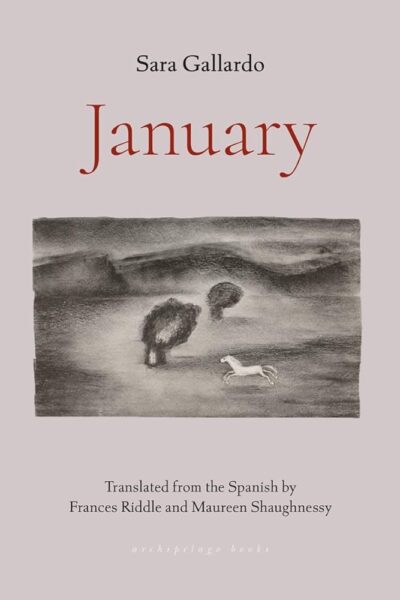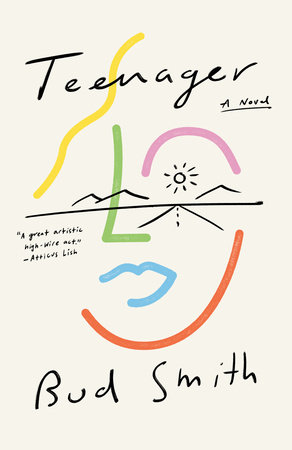Writing is its own experiment and we cannot determine whether the experiment has worked until we’ve given it a go.
Nefer, the teenage protagonist of the slim, classic Argentine novel January, first published in 1958, is pregnant and doesn’t want to be.
[TW: sexual violence]
Stories are important when we live in a world where the truth is hidden and ugly, a world where most people have so little power over anything, where fate feels like wind, powerful and inexplicable.
All Your Children, Scattered – Beata Umubyeyi Mairesse
Underneath the narrative of three broken generations simmers the horrific damage of colonialism, both by the French and Belgian people, by racism, and lastly, and perhaps most confusingly, by fatherlessness.
You’ll Like It Here – Ashton Politanoff
Doesn’t nostalgia just mean, “I miss you?”
Teenager shreds the American dream during its long embrace.
A novel isn’t a painting, it’s language that’s been organized until it has the power to bombard pleasurably. The premise that ‘showing’ is somehow more respectful to a reader than ‘telling’ is illogical nonsense.
I’ve come to believe that the people in this world who do really terrible things are the ones who have no space in their minds for evil. I think one of the healthiest things a person can have is a relationship with their propensity to do wrong.
We identify so completely with our own suffering, then wish to visit our suffering upon others in turn. Makes one wish we could just have a nice simple fistfight and be done.
We need to speak the name of terrible things occasionally, to touch these things with our imaginations, in order to be reminded that the euphemisms we use are not the thing itself.












